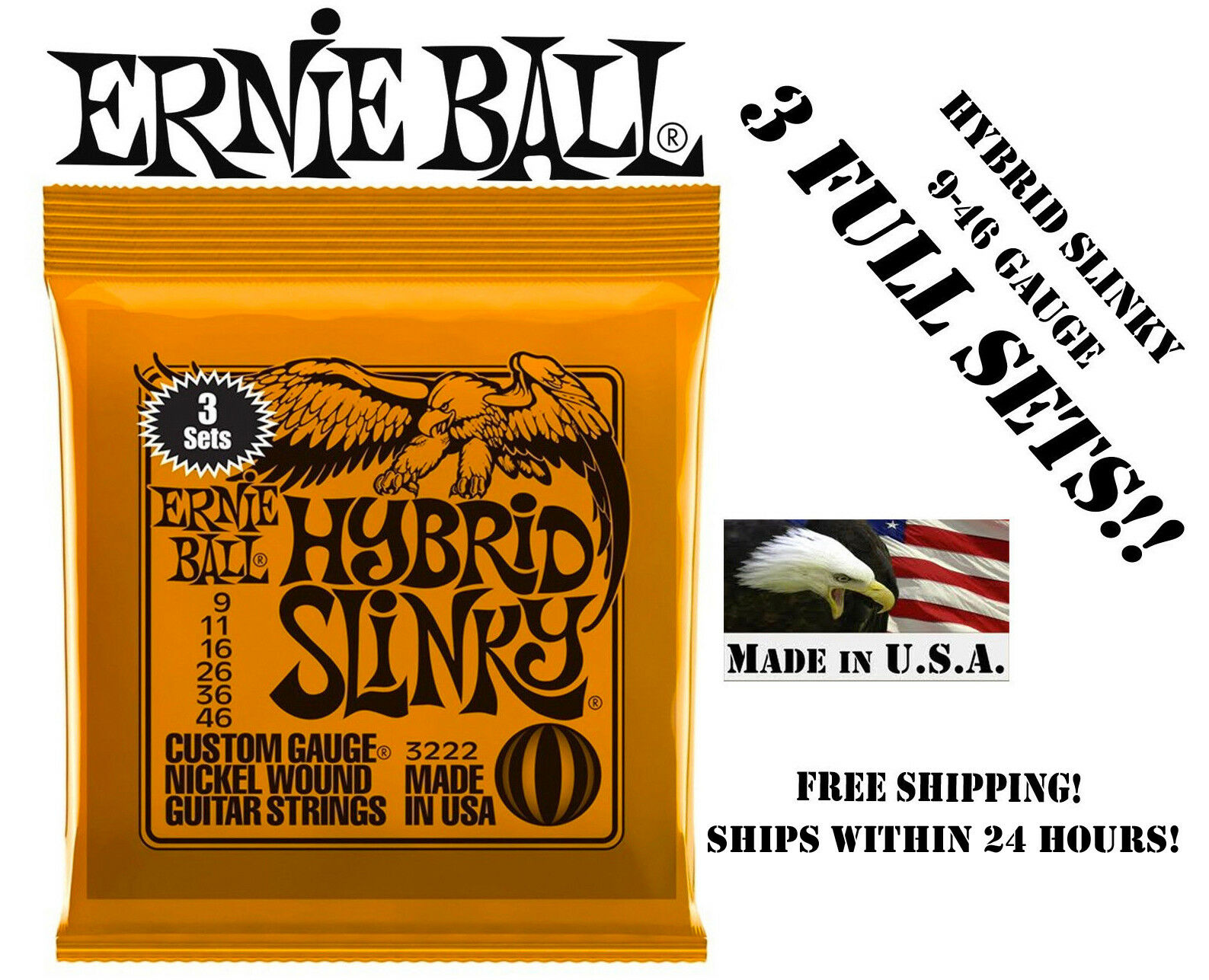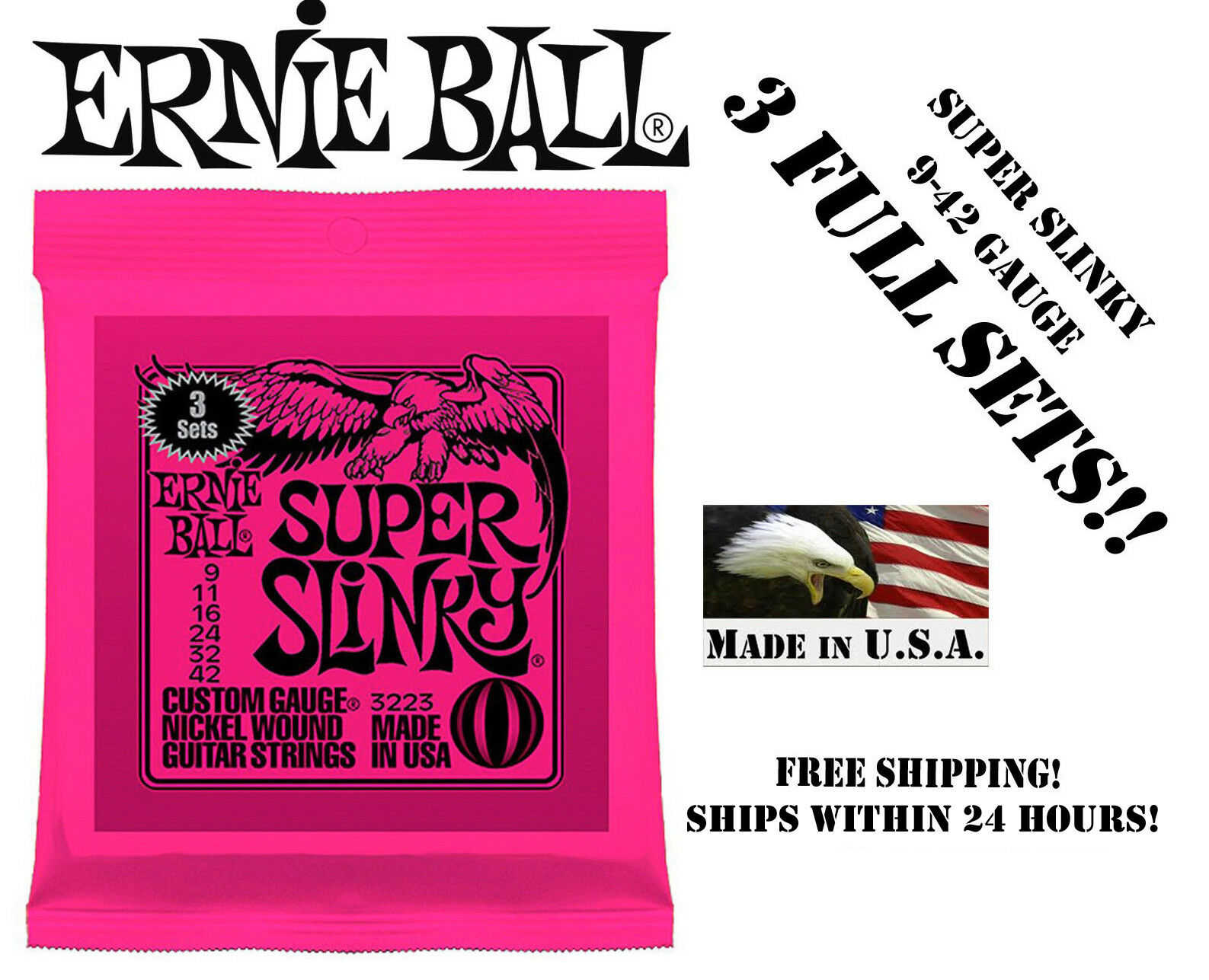-40%
Full Set- Ashbory Bass Silicone Rubber Strings w/ 2 extra G strings -E A D G G G
$ 15.28
- Description
- Size Guide
Description
*** Best offer is only available when purchasing multiple sets. ***Full Set of Ashbory Bass Silicone Rubber Strings + 2 extra strings
Set includes the usual 4 strings - E A D G
Set also includes 2 extra G strings
If you play an Ashbory Bass you already know that you will need extra G strings
NOTE to people who are new to stringing an Ashbory bass- they are not strung like typical basses. Silicone rubber strings are shorter than the neck to start. You knot both ends and stretch them over the bridge and tuning pegs. Then you tune the bass and stretch them even more until the strings are in tune.
Factory strings are no longer available from Fender but our strings will provide the warm sound you expect from silicone rubber strings. They are hand cut from length stock that matches the color, texture, hardness, size and feel of factory strings.
No returns- please purchase only if you play an Ashbory Bass or a similar instrument that uses silicone rubber strings. We have completed hundreds of eBay auctions for Ashbory Strings for more than 10 years with nothing but 100% positive feedback. Guaranteed to work with your Ashbory.
We sell each of the strings individually, G strings in quantities of 2, 4, 6 and 10, and D strings in 2's. Please check our other eBay auctions.
You don't have to be wary of these strings- they are every bit as durable as original Ashbory strings.
However, a
s with anything made of silicone rubber,
they are NOT guaranteed not to break
- they are rubber!
Treat them as you would any Ashbory string. It is recommended that you
GENTLY
pre-stretch them before putting them on your bass (see below). This helps them to stay in tune when they are first put on. It's also recommended that you use powder on your fingers to help slide on the rubber, and I prefer using powder on both hands. I found a small zippered change purse that I keep in my Ashbory case, filled with unscented talcum powder.
If you are not familiar with pre-stretching a silicone rubber string, this is how I do it. I use my thumb and first finger to grab small sections of the string at a time, and stretch each section. I'm careful not to pull hard enough to rip the string (in the past, if I pulled too hard I have ripped the Fender strings). I do this back and forth over the entire string for several minutes, and you can actually feel the stiffness loosen.
When I put a string on my bass after doing this it seems to stay in tune right away. I have broken a string right before a gig and not pre-stretched and ended up re-tuning for the entire gig. When I take the time to stretch, it stays in tune.
My 2 cents for whatever it's worth to you!
I just received an email from another Ashboryist who purchased a set of the 6 G-strings from me- vishko, who says: "Someplace I read that one can extend the life of the G string by unwinding it after playing and then winding it up to tune prior to the next playing session. This is so that the string doesn't sit on the guitar under tension." I believe he is correct- many of my strings break right on the tuning peg, in the wrap. The tension on the string wrapped around itself causes a chemical reaction in the silicone that fuses it together, breaks it down and causes it to come apart. You can hear this in the string even though its still on the tuning peg as a slight buzz, or a decrease in the string's tonal value. I use a string winder that only takes a minute or so to bring the string back to tune. Good idea!! Make those strings last... Thank you, Vic!
I thought I might mention something about re-using a string after it breaks. I find that most of my strings break on the bridge. I also find that if I leave enough of a wind at the top I can re-use a string by reknotting it on the broken end. I was able to get through a gig this past Friday night (Jan. 4th) with a reknotted string. In the middle of the third song of the first set, my G string broke. It took me about a minute to re-knot the string between tunes. After the gig you will want to consider replacing the string, since it has probably weakened and that's why it broke in the first place, but at least it got you through the gig! I would recommend leaving a nice fat wind at the top to give yourself the length to do this if your string breaks on the bridge.
Q: Hi I`m new to Ashbory bass ( just gonna get it). You said this G strings are 13" long. But...the scale length of the instrument is 18" - so why this G string is long enough? Thank you Anatoly .... Aug-12-09
A: Hi, Anatoly. Thanks for the email- I'm glad to add this information to the auctions. If you put an 18" string on an 18" Ashbory neck it would never fit on the tuning machine when you wound it to tune it. You may not realize how much the string stretches- you could stretch an 18" string to over 30 inches! I feel that 13" is the optimum length, giving you plenty of room to knot the string on both ends and still get a nice fat wind on the tuning machine. I use the strings that I sell too, and sometimes I cut mine to 12", but I felt 13" was the best for my customers, giving some extra length. Feel free to trim them shorter if you would like a smaller wrap. Thank you again for taking the time to write to me.









